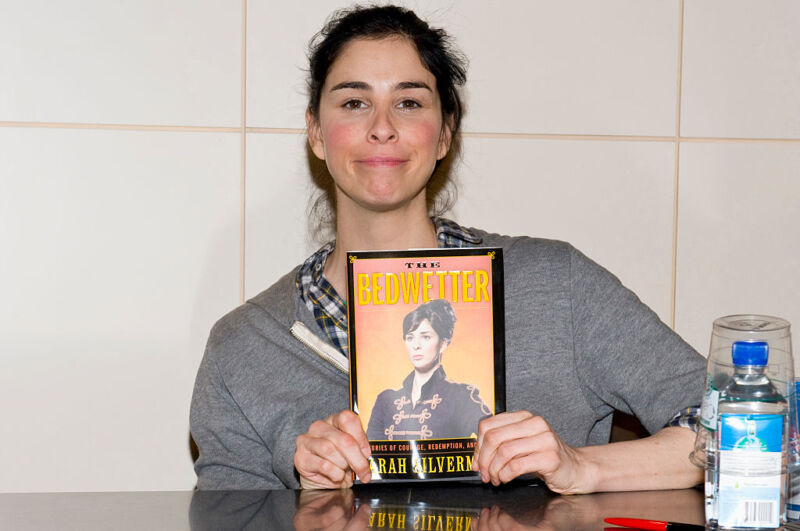OpenAI disputes authors’ claims that every ChatGPT response is a derivative work

Enlarge / Sarah Silverman attends The Bedwetter book signing at the Barnes and Noble Union Square in New York City. (credit: Lars Niki / Contributor | Corbis Entertainment)
This week, OpenAI finally responded to a pair of nearly identical class-action lawsuits from book authors-including Sarah Silverman, Paul Tremblay, Mona Awad, Chris Golden, and Richard Kadrey-who earlier this summer alleged that ChatGPT was illegally trained on pirated copies of their books.
In OpenAI's motion to dismiss (filed in both lawsuits), the company asked a US district court in California to toss all but one claim alleging direct copyright infringement, which OpenAI hopes to defeat at "a later stage of the case."
The authors' other claims-alleging vicarious copyright infringement, violation of the Digital Millennium Copyright Act (DMCA), unfair competition, negligence, and unjust enrichment-need to be "trimmed" from the lawsuits "so that these cases do not proceed to discovery and beyond with legally infirm theories of liability," OpenAI argued.